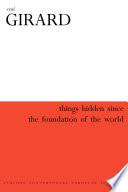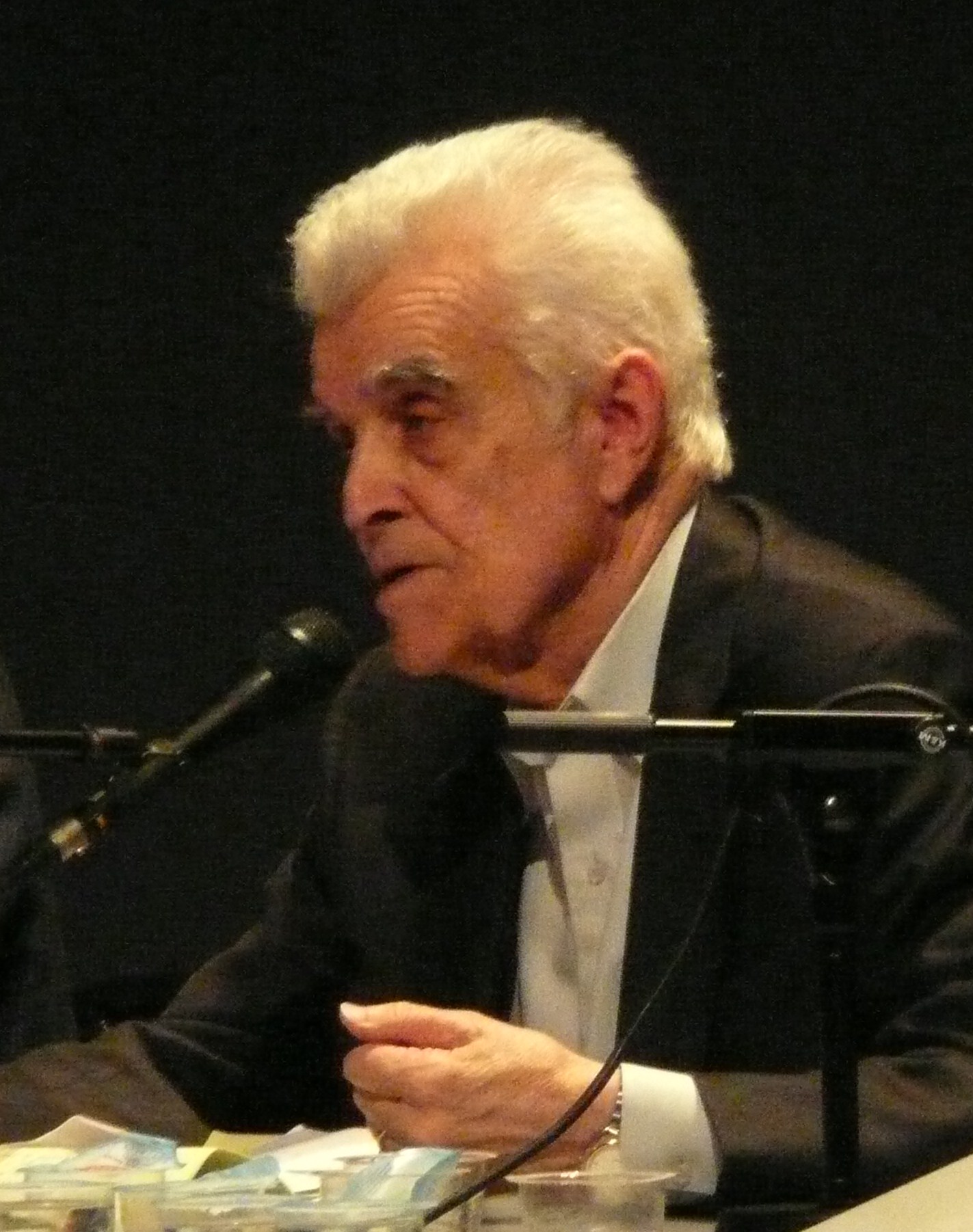Works

Things Hidden Since the Foundation of the World
René GirardFamous René Girard Quotes
Source: The One by Whom Scandal Comes
Source: Things Hidden Since the Foundation of the World (1978), p. 4.
Source: Things Hidden Since the Foundation of the World (1978), p. 11-12.
"The Scandal of Christianity" in Evolution and Conversion: Dialogues on the Origins of Culture (2007), p. 219
"The Scandal of Christianity" in Evolution and Conversion: Dialogues on the Origins of Culture (2007), p. 219
Source: Things Hidden Since the Foundation of the World (1978), p. 83.
